Power Platform Community & User Groups
Discover where to meet professionals, makers, and architects of Power Platform to share experiences and grow together within Microsoft’s official community.
Join the global movement of innovators using Microsoft Power Platform to transform business processes, create apps, and automate workflows. Power Platform communities are places where learning, collaboration, and value creation come together.
What is the Power Platform Community
The Microsoft Power Platform Community is a global network of experts, app makers, consultants, and developers who exchange knowledge and practical solutions about Power Apps, Power Automate, Power BI, Power Pages, and AI Builder. These communities are a key part of the Power Platform ecosystem, providing support and mentorship to anyone looking to deepen their expertise.
Communities operate through online forums, local events, hackathons, and GitHub repositories. Microsoft actively supports these groups by promoting innovation and cross-role collaboration. Each group is often linked to a local Power Platform User Group or Power Apps Community Plan for testing and development.
How to Join User Groups
Power Platform user groups are local or virtual organizations aimed at promoting knowledge and adoption of the platform. Each group offers technical sessions, hands-on workshops, and networking opportunities. Topics range from Power Apps introductions to governance and ALM best practices.
- Power Users Community – official Microsoft forum for questions, articles, and discussions.
- Microsoft Learn Power Platform – documentation and learning paths.
- GitHub Power Platform Samples – code examples, PCF, CLI, and API samples.
- Microsoft Tech Community – Microsoft’s official blogs and discussions.
Many groups are also active on platforms like Meetup and LinkedIn, where you can register for local or virtual events, share projects, and find collaborations. Some groups organize Power Platform Saturday, free events dedicated to training and networking.
GitHub and Open Source Resources
The Power Platform technical community actively contributes to open source projects. Microsoft hosts numerous GitHub repositories to support component, extension, and tool development:
- Power Apps CLI – tools to create and manage PCF and solutions (official documentation).
- Power Apps Component Framework – custom controls for Dataverse (Microsoft guide).
- CoE Starter Kit – governance and analytics toolkit developed by the community.
- Power Platform Samples – solution, automation, and plugin examples (Microsoft GitHub).
Participating in the GitHub community means contributing to the collective growth of the Power Platform ecosystem, testing new features, and suggesting improvements. It’s a valuable resource for both professional developers and citizen makers.
Global Events and Initiatives
Every year, Microsoft and the community organize events dedicated to Power Platform, such as the Microsoft Power Platform Conference and Power Platform Saturday. These events are key opportunities to learn about new technologies, meet experts, and discover success stories.
Events are often supported by Microsoft Events Hub and include sessions dedicated to Power BI, Power Automate, Power Apps, and Power Pages. Attending them allows direct interaction with the Microsoft product team and globally recognized MVPs (Most Valuable Professionals).
Frequently Asked Questions about the Power Platform Community
What are Power Platform user groups?
User groups are official or independent communities where professionals and app makers meet to share experiences and real-world use cases. They offer webinars, workshops, and technical discussions.
Where can I find the official Microsoft community?
You can access the official community on Power Users Community, where you’ll find dedicated forums for Power Apps, Power Automate, Power BI, and Power Pages.
How can I contribute with content or code?
You can contribute through GitHub by publishing open-source examples and solutions. Microsoft also encourages publishing articles and tutorials on the Microsoft Tech Community blog.
Join the Power Platform Community
Share experiences, attend events, and collaborate with other professionals to take your Power Platform skills to the next level.

